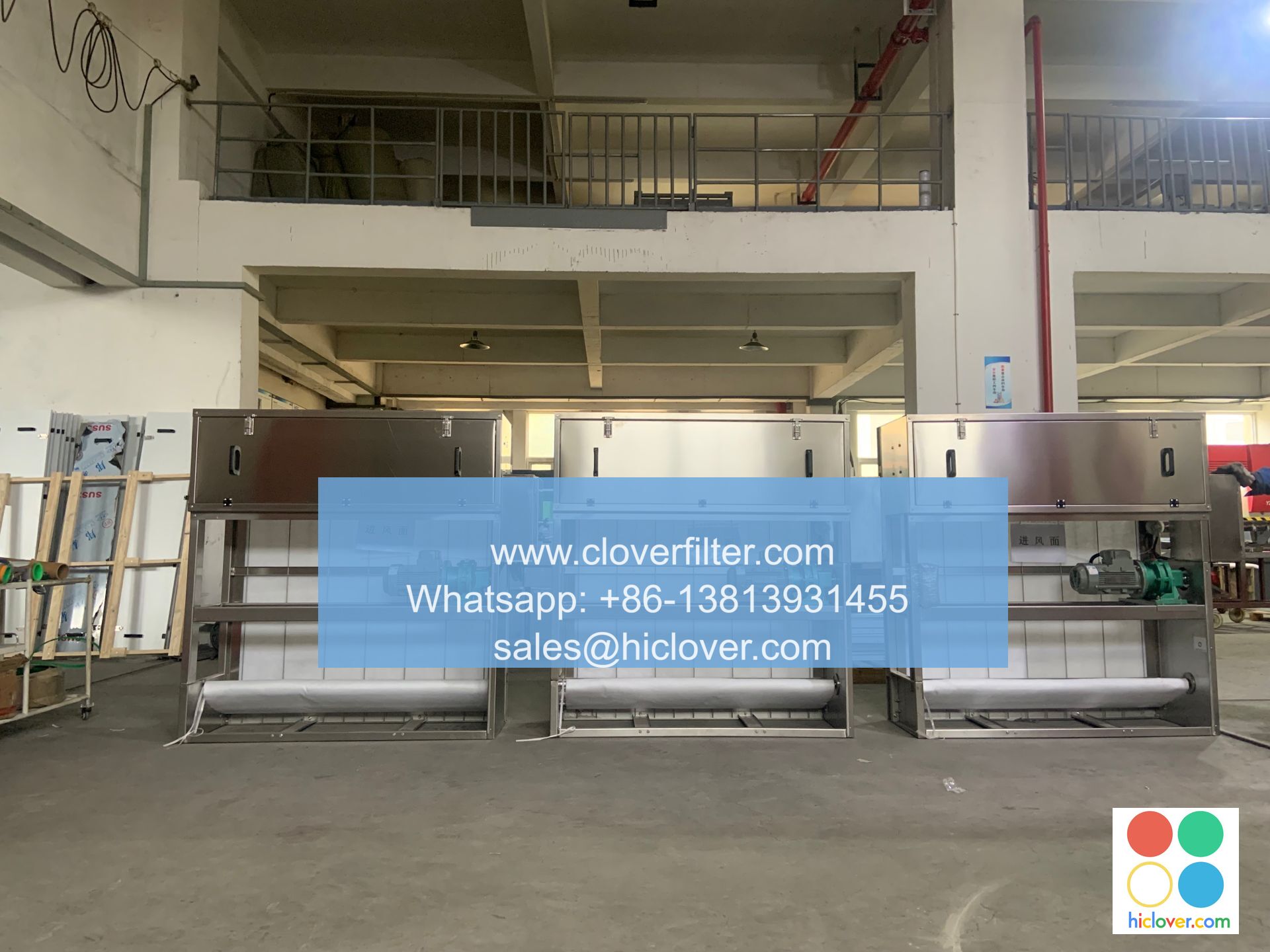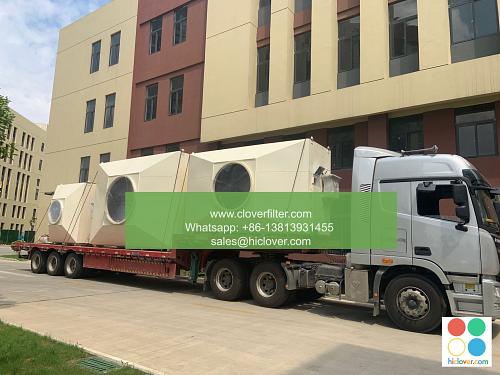The Role of Air Filters in Reducing Indoor Airborne Infections in Commercial Spaces

Indoor air quality is a significant concern in commercial spaces, as poor ventilation and airborne pathogens can lead to the spread of respiratory infections, allergies, and other health issues. The role of air filters in reducing indoor airborne infections is crucial, particularly in high-traffic areas such as offices, hospitals, schools, and public transportation hubs.
The Impact of Airborne Infections on Commercial Spaces
Airborne infections can have a devastating impact on commercial spaces, resulting in reduced productivity, increased absenteeism, and negative economic consequences. In healthcare settings, hospital-acquired infections (HAIs) are a significant concern, and air filtration systems play a critical role in preventing the spread of pathogens and microorganisms. Similarly, in office buildings and educational institutions, airborne infections can quickly spread, emphasizing the need for effective air filtration systems.
Types of Air Filters and Their Applications
There are several types of air filters available, each with its unique benefits and application areas. Some of the most common types of air filters include:
* HEPA (High Efficiency Particulate Air) filters: These filters are highly effective in capturing 99.97% of particles as small as 0.3 microns, making them ideal for healthcare settings, laboratories, and clean rooms.
* Activated carbon filters: These filters are designed to capture gases, odors, and chemicals, making them suitable for industrial settings, commercial kitchens, and public restrooms.
* UV (Ultraviolet) light filters: These filters use UV light to kill bacteria, viruses, and other microorganisms, making them ideal for water treatment, air purification, and surface disinfection.
Best Practices for Air Filter Maintenance and Replacement
To ensure the effectiveness of air filters in reducing indoor airborne infections, it is essential to follow best practices for air filter maintenance and replacement. Some of the key recommendations include:
* Regularly inspecting and replacing air filters as recommended by the manufacturer
* Cleaning and disinfecting air filter housing and ductwork
* Upgrading to high-efficiency air filters to improve indoor air quality
* Monitoring indoor air quality and adjusting air filtration systems as needed
Conclusion and Future Directions
The role of air filters in reducing indoor airborne infections in commercial spaces is crucial, and effective air filtration systems can significantly improve indoor air quality and reduce the risk of airborne infections. As technology continues to evolve, we can expect to see more advanced and efficient air filtration systems that can effectively capture and eliminate a wide range of airborne pathogens and microorganisms. By highlighting the importance of air filters and promoting best practices for air filter maintenance and replacement, we can create healthier and more productive commercial spaces that support the well-being of occupants. You haven’t asked a question or provided any context. What would you like to talk about or ask? I’ll do my best to provide a helpful and direct response.

